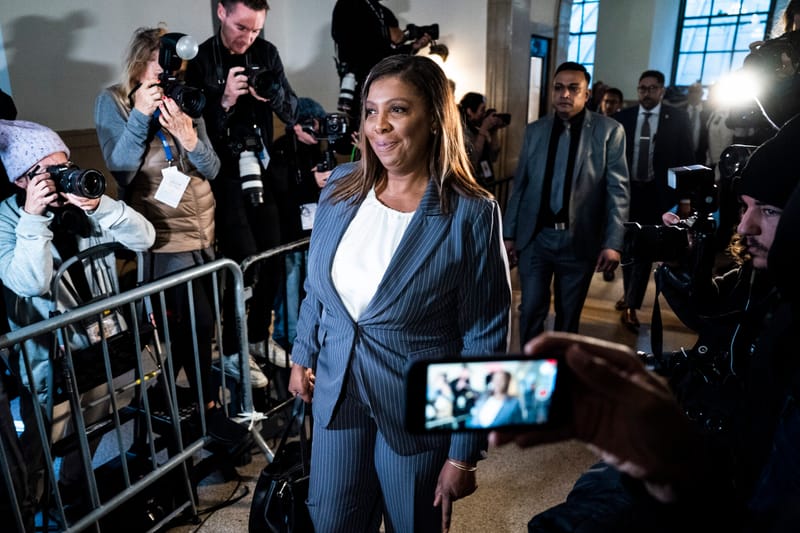World Darts Federation Issues Disciplinary Threat to Female Players Over Transgender Match Refusals
In a controversial move that has sparked debate across the sports community, the World Darts Federation (WDF) has announced that female players could face disciplinary action if they refuse to compete against transgender athletes. This decision comes in the wake of several high-profile incidents where female players, notably Deta Hedman,
In a controversial move that has sparked debate across the sports community, the World Darts Federation (WDF) has announced that female players could face disciplinary action if they refuse to compete against transgender athletes. This decision comes in the wake of several high-profile incidents where female players, notably Deta Hedman, have opted out of matches against transgender opponents, citing concerns over fairness and the integrity of women's sports.
The WDF's statement, released earlier this week, clarifies that once a tournament begins, any player withdrawing from a match might be considered as bringing the game into disrepute. This stance follows an incident in May 2024 where Hedman, a prominent figure in darts, forfeited a match rather than play against Noa-Lynn van Leuven, a transgender woman who has been a focal point of the debate since joining the women's circuit in 2022.
The federation's policy has been met with a mix of reactions. Critics argue that forcing female players to compete against transgender athletes, who might retain physical advantages from their male biology, undermines the spirit of competition in women's sports. They point out that this could deter women from participating in sports where physical attributes play a significant role, even in a sport like darts where precision and mental acuity are paramount.
On the other side, supporters of the WDF's decision highlight the importance of inclusivity and argue that transgender athletes have the right to compete in categories that align with their gender identity, provided they meet the sport's transgender participation policies. These policies often include hormone therapy requirements intended to minimize physical advantages.
The situation has led to a broader discussion on the balance between inclusivity and fairness in sports. Some female players, including those outside of darts, have expressed solidarity with Hedman, suggesting that such policies could lead to a chilling effect on women's sports participation. They argue for separate categories or stricter criteria for transgender participation to ensure a level playing field.
The WDF's threat of disciplinary action has not only highlighted the ongoing tensions within darts but also mirrors similar controversies in other sports, prompting a global conversation on how sports bodies manage transgender inclusion. As the sports world watches, the outcome of this policy could set a precedent for how gender and sports intersect in the future, potentially influencing policies in other athletic federations worldwide.
This development underscores the complexity of integrating transgender athletes into sports traditionally divided by biological sex, raising questions about where the line should be drawn between inclusivity, fairness, and the essence of competitive sports.




